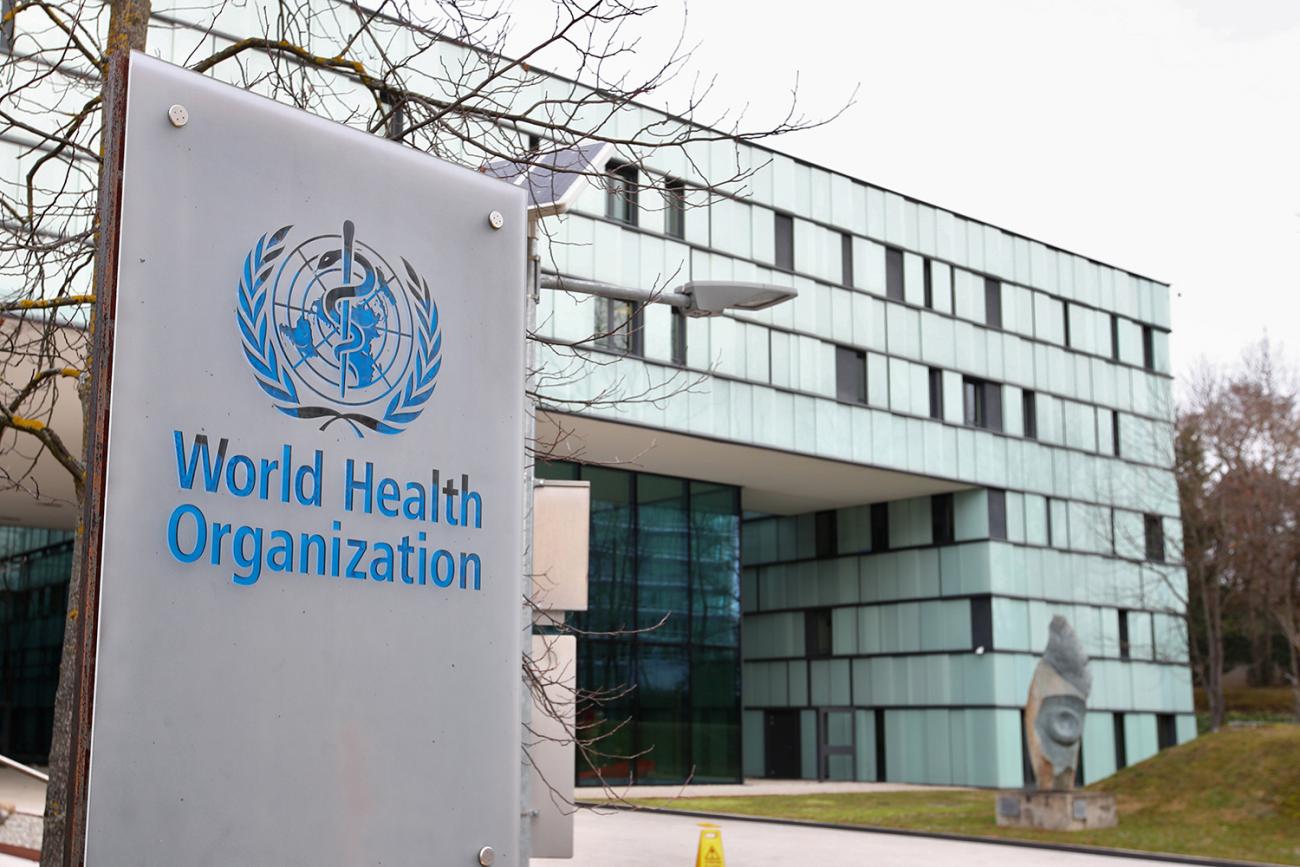Amid growing concerns over aid reductions and financial instability, the World Health Organization is encouraging countries to adopt cost-effective, WHO-approved rapid HIV tests.
The move aims to protect access to essential HIV services despite budgetary pressures.
According to WHO, integrating these affordable and reliable tests as the initial step in national HIV testing strategies can help health systems cut expenses without compromising the quality or accuracy of diagnoses.
Choosing affordable, high-quality HIV tests as the initial step in national testing strategies could lead to immediate and significant cost savings, including for dual HIV-syphilis tests used in antenatal care, according to the World Health Organization (WHO).
To assist countries in making this transition, WHO has launched a new toolkit and is recommending the adoption of flexible testing approaches that are supported by validation studies.
The organization is also advocating for the use of HIV self-testing kits—available in both blood and oral fluid options—as a way to bridge service gaps, particularly in hard-to-reach or underserved populations.
"The global HIV response and our progress toward controlling the epidemic are under threat," warned Dr. Meg Doherty, Director of WHO’s Global HIV, Hepatitis and STI Programmes.
"We must continue supporting countries in delivering essential HIV care. Offering flexible options and switching to reliable, lower-cost testing—including rapid, dual, and self-tests—will protect service quality and extend care to more people living with or at risk of HIV."
WHO also announced it will work with countries to speed up the availability of approved products by offering regulatory waivers and leveraging national regulatory processes to fast-track registration and rollout of new diagnostics.
Marijke Wijnroks, Head of Strategic Investment and Impact at the Global Fund, added: “We’re eager to collaborate with countries in adopting this guidance.
It’s a key step toward reducing testing costs and maintaining access to essential HIV testing services.”
